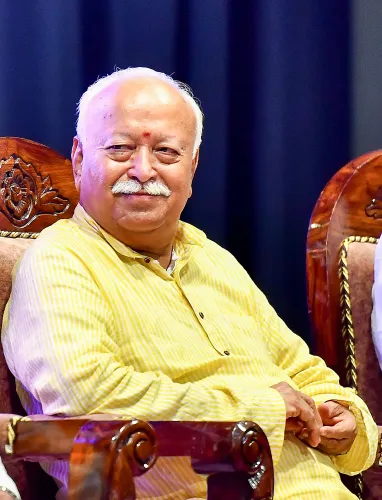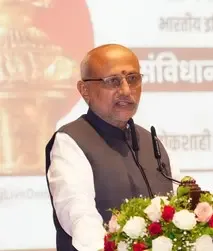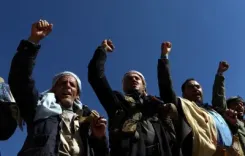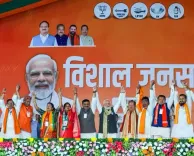Why Are Protestors Surrounding the Local Election Office in Bangladesh?
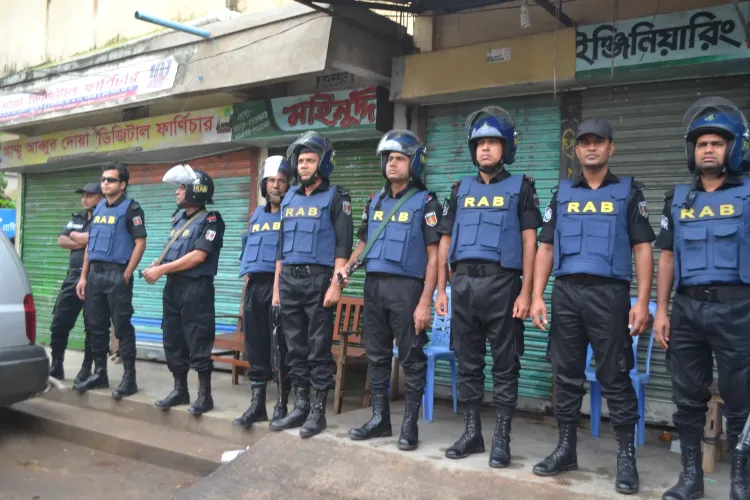
Synopsis
Key Takeaways
- Protests have persisted for three days in Bagerhat district.
- Demands for reinstatement of four constituencies are at the forefront.
- High Court involvement has added a legal dimension to the protests.
- Public unrest reflects broader concerns about representation.
- Upcoming elections are influencing the urgency of the protests.
Dhaka, Sep 18 (NationPress) In the Bagerhat district of Bangladesh, a group of protestors has been encircling the local election office for the third day in a row on Thursday. Their demand is clear: they want the district's former four constituencies to be restored.
The protestors, organized under the Sorbodolio Sommilito Committee (All-Party Joint Committee), have set up tents and are conducting a sit-in outside the election office since the morning. Additional small rallies from surrounding areas have joined their efforts, according to local media.
They have pledged not to initiate any hartal or blockade in advance of the Durga Puja festival, yet they will maintain their sit-in until their demands are fulfilled.
“We have filed a petition with the High Court, which has temporarily ordered a 10-day period for consideration. We will persist in our movement until our request is satisfied. If necessary, we are prepared to escalate with non-cooperation initiatives,” stated MA Salam, co-convenor of the committee and president of Bagerhat district BNP, as reported by UNB.
The protests began following the Election Commission's (EC) gazette notification on September 4, which revised the boundaries of 46 constituencies throughout Bangladesh.
The notification has cut the number of constituencies in Bagerhat from four to three. Since then, residents have been protesting, staging blockades, sit-ins, and processions to demand the restoration of the district's previous four constituencies.
Earlier on Tuesday, the High Court raised a query regarding the rationale behind reducing Bagerhat’s parliamentary constituencies and sought to understand why the EC's gazette notification reducing the number of seats should not be deemed illegal.
According to sources from the court, Bangladesh's prominent newspaper, The Business Standard, reported that the EC and other relevant authorities have been instructed to respond to the rule within ten days.
Last week, protests erupted across several regions of Bangladesh after the EC announced new constituency reductions ahead of the general elections scheduled for February 2026, as per local media.
In Faridpur's Bhanga upazila, residents initiated a three-day blockade of roads and railways starting September 14 in response to the transfer of Algi and Hamirdi unions into the Faridpur-2 constituency from Faridpur-4.
Additionally, in Pabna's Bera upazila, a dawn-to-dusk protest commenced, enforcing both road and river route blockades against the removal of Bera upazila from the Pabna-1 constituency.
Bangladesh has been experiencing widespread protests and severe unrest since the democratically elected Awami League government, led by former Prime Minister Sheikh Hasina, was ousted during violent protests last year.

